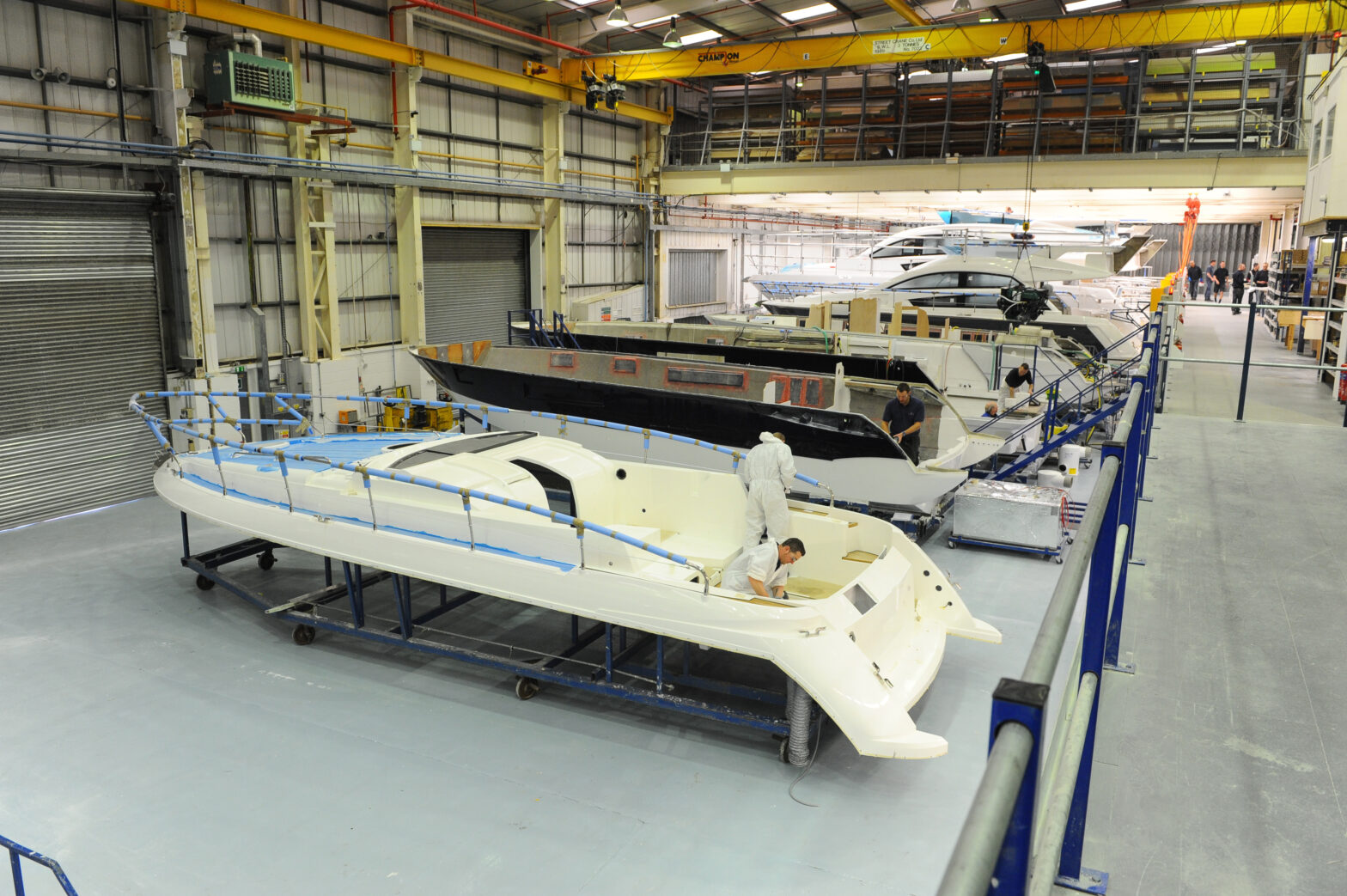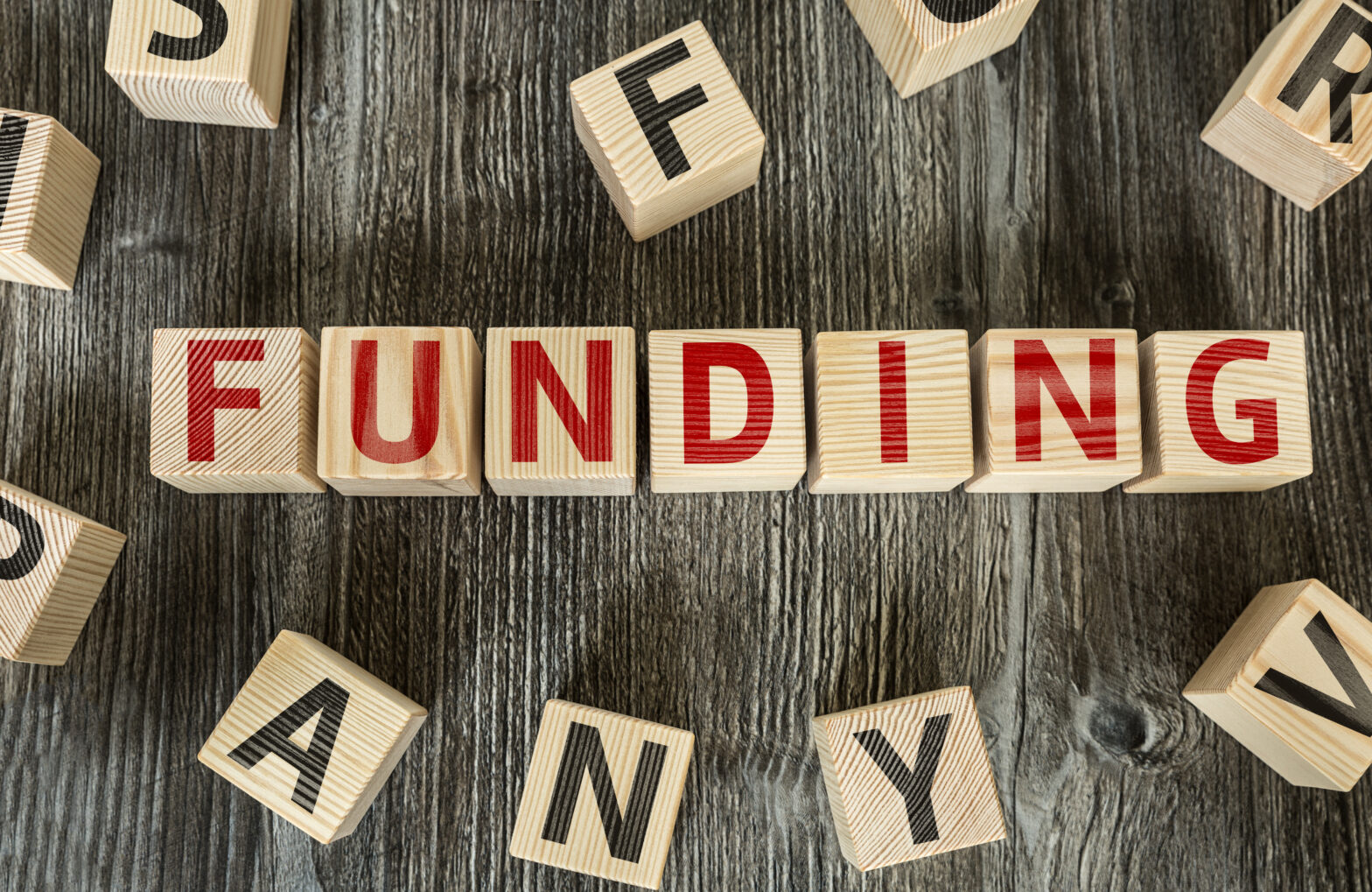Britain was once a force to be reckoned with in the manufacturing world, to the extent that it held a 40 per cent share of world trade in manufactured goods in the 1870s.
Fast-forward nearly 150 years and the economic landscape of the United Kingdom has changed dramatically – it is now one dominated by the services sector and the current influx of web-based start-ups.
However, there are still a number of iconic British manufacturers punching above their weight – Rolls Royce, JCB and Dyson to name a few.
Below the multi-national level, there are still a large amount of smaller companies confident that manufacturing can still work in the UK.
Luxury yacht builder Fairline Boats is a prime example of a British manufacturer that is determined to compete against the lower cost parts and manpower that can be found overseas. The business went through a difficult trading period in the wake of the credit crunch and was in need of an injection of capital and fresh thinking to ensure that it didn’t slip into the long list of manufacturing failures.
The business was set up in 1963 by Jack Newington, who acquired a cluster of disused gravel pits by the River Nene in Northamptonshire and turned them into Oundle Marina. Newington launched the first Fairline model in 1967 and the business sold its 12,000th boat in 2010.
Seeking help
In July 2011, having suffered a 40 per cent drop in sales the year before, Fairline was acquired by turnaround specialist Better Capital in partnership with the Royal Bank of Scotland. New backer Better Capital was set up by industry veteran Jon Moulton in 2010 following his acrimonious departure from Alchemy Partners.
The £20.5 million deal followed on from a 2005 transaction which saw chief executive Derek Carter lead a £40 million management buy-out of the business with the backing of private equity group 3i.
Nick Sanders, head of portfolio at Better Capital and board member at Fairline, says that the yacht manufacturer had been on the turnaround investor’s radar for quite a long time.
He explains, ‘We knew that the sector was struggling and we’d seen some of Fairline’s competitors were getting into trouble, so we started a conversation with the business about a year before the deal was closed.’
Better Capital has a particular strength in manufacturing, Sanders says. Before joining the investment firm, he spent his early career in the aerospace industry with Rolls Royce and Lucas Aerospace. He then went on to join CompAir as CEO in 2002 and led a buy-out of the business with the backing of Alchemy Partners. Immediately before joining Better Capital, Sanders was interim CEO of wear resistant alloys manufacturer Delero Stellite.
Looking at the manufacturing space in its current guise, Sanders thinks that now, more than ever, it has what it needs to succeed.
‘When I was running a business ten years ago, I could buy components from China at about 70 per cent of what my estimate in Europe could do.
‘However, ten years of very high inflation in China has meant that gap has been eroded and for people who have expertise and added value in the manufacturing space, now is a really good time.’
Better Capital saw an inherent value to the Fairline brand and believed its quality and styling gave it a strong place in the market. On the flip-side. it found gaps in its product range and highlighted a number of major efficiency gains which could be gained.
More on turnaround financing:
When Better Capital stepped in as a backer in 2011, figures made for dire reading – the company had been making a loss for three years. Results from 2011 saw sales reach £79.2 million and losses total £6.7 million (underlying EBITDA).
Top ten issues
Speed was an issue when Better Capital bought into Fairline and Sanders says his first port of call was to conduct what he calls a ‘top ten exercise’. The process involves identifying the top ten things which caused supervisors difficulty in building boats.
Getting them brainstorming, Sanders reveals, meant that engineers were far more engaged with operations people and some ‘quick wins’ were achieved.
During the past year Fairline has invested £2.8 million into its manufacturing facility in Corby, Northamptonshire. The capital saw the business move from eight single-model lines to three mixed-model assembly lines, as well as creating dedicated ‘centres of excellence’ for moulding and furniture production.
The changes, Fairline says, allow it to achieve increased flexibility in its production processes and greater operational efficiency. The motor yacht manufacturer is now focused on plans to expand its product range from eight to 15 models over the next two years.
Part of returning the business to profitability meant a new CEO, and Fairline brought in Alistair Schofield in February 2012. Schofield was working at private equity-owned engineering business Doncaster before the move and says that there are both similarities and differences.
‘Doncaster is a lot bigger, about £700 million to £800 million in turnover, and my roles were mainly divisional managing director roles. Coming to Fairline meant a smaller business but equally my first chief executive role.
‘There is a lot of overlap with what I’ve done in the past and what I see here. It’s familiar in terms of design, engineering, manufacturing, supply chain, sales and marketing.’
Schofield describes the yachting industry as a small one, which is relatively underdeveloped when compared to automotive and aerospace which have ‘highly developed processed orientated businesses.’
He adds, ‘What you find is a lot of people come into this sector having had careers elsewhere where they’ve operated in high pressure professional environments.’
Since he’s been with the business and been partnered with Better Capital, Schofield says that Fairline has driven efficiency up and made changes to overhead and management structures.
When asked whether the changes have gone smoothly, he highlights the fact that turnaround deals, of which he has done a few in his time, rarely go that way.
‘By nature it can be a bit erratic and you do get set backs as well as successes, but what has helped is that we have had a clear strategy.’
With Schofield now in control, Fairline has returned to profitability and posted some of the most encouraging results it has seen in recent years. Figures from 2012 show that the business closed sales of £82.6 million and turned a profit of £3.7 million (underlying EBITDA).
Far East
While Fairline traditionally secured most of its business from the Mediterranean region, that market has dried up and will take a long time to come back, Sanders says. Fairline is now hoping to tap into the lucrative Chinese market – but it is one which Schofield says will not be without its challenges.
‘Everyone regards China as a massive market in most industries. However, it is still quite nascent in terms of yachting demands.
‘The challenges there are convincing the Chinese consumer on the merits of boating. They are good consumers of luxury items, but yachting is something else entirely.
‘There are some big obstacles for us to overcome. The Chinese don’t typically like being out in the sun and they have a natural aversion to water.’
Despite China not really having the infrastructure for luxury boating, Schofield says it is just a case of time and commitment from various parties to crack the market.
Fellow private equity-backed yacht builder Sealine last week succumbed to pressure and announced it was entering administration. The Worcestershire-based business was forced to issue redundancy notices to 234 staff.
However, for Fairline, the future appears to be much less turbulent. Having spent the last two years negotiating its way to calmer waters and building up an efficient and flexible infrastructure, it is now primed to enter new markets and build on its fresh return to profitability.







